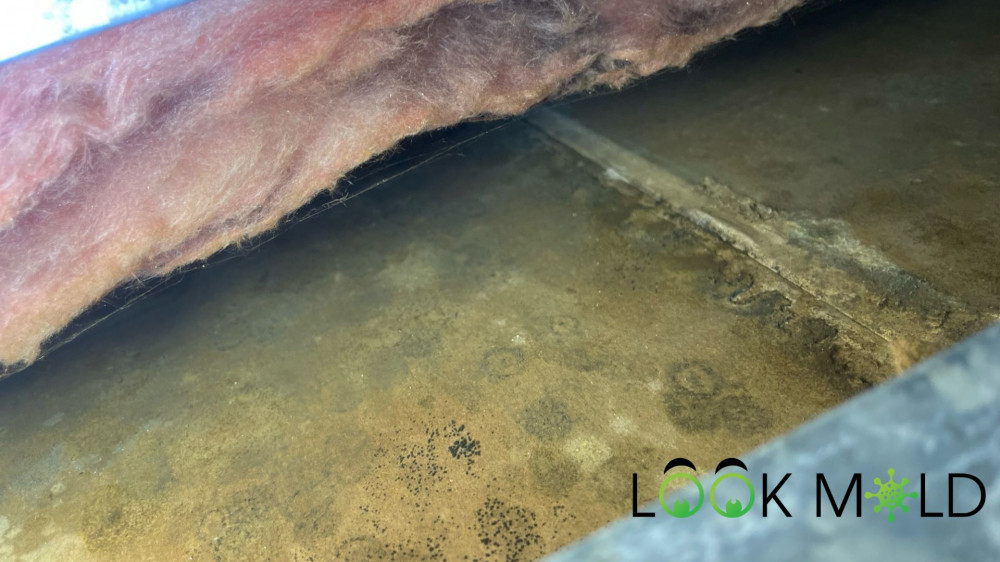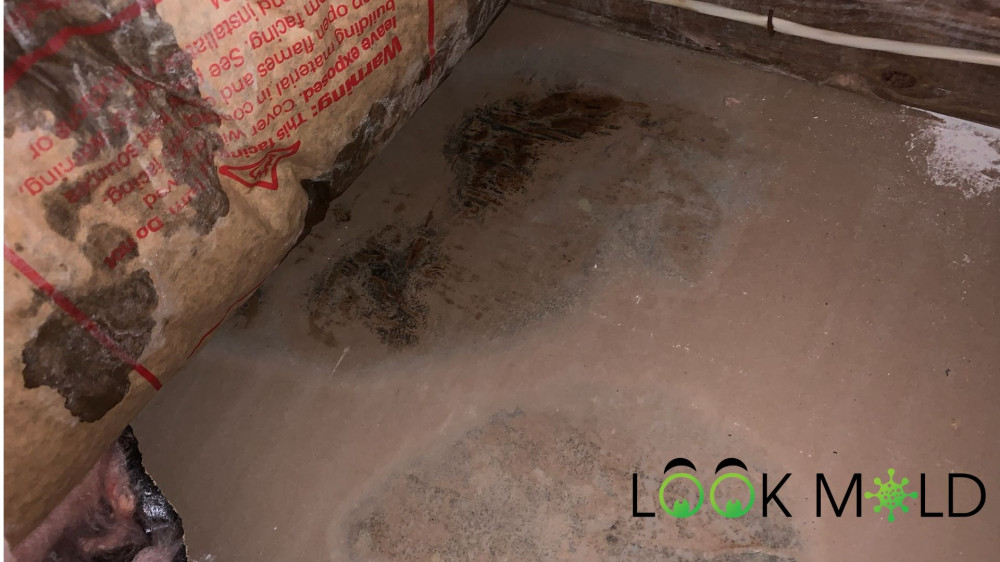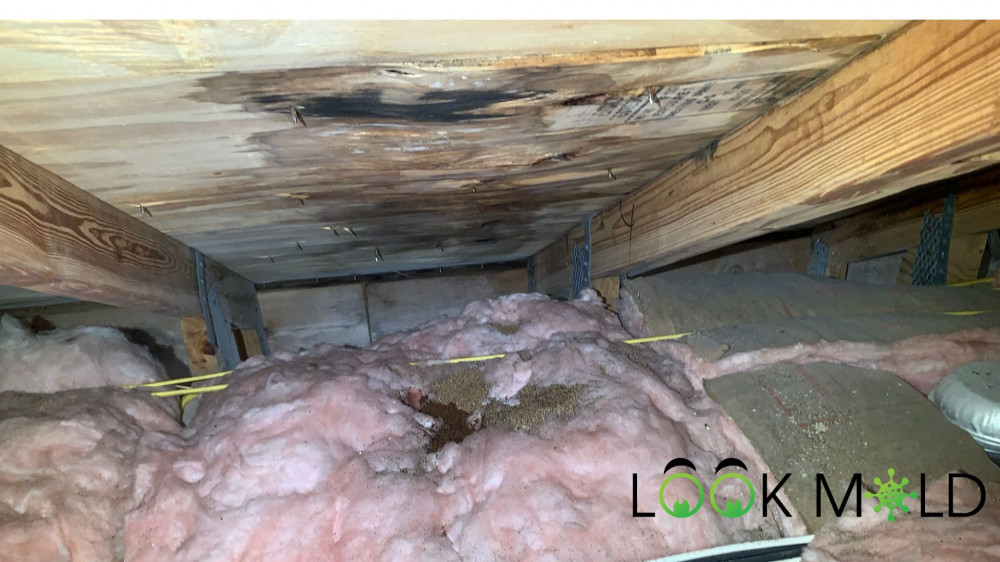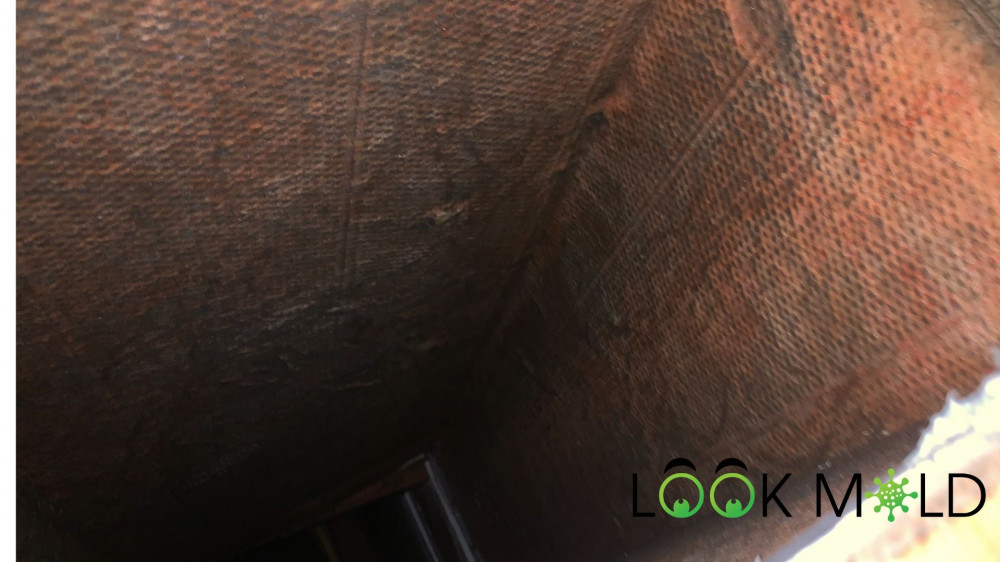Professional Mold Remediation Services
Don't Let Toxic Mold Put Your Family's Health at Risk
Stop mold damage before it spreads. Call now for a free, no-obligation estimate from a local remediation expert.
Free Estimate · Zero Obligation · Available 24/7
[Solved] What Does Mold Smell Like?
I think you’ll agree with me when I say: It’s very startling to have a musty or unpleasant odor in your home.
Most homeowners immediately assume it’s mold, and sometimes, it is. But not always.
So how can you tell the difference between mold, humidity, or something else? Let’s break it down.
Can Mold Smell?
Yes, mold can smell. The odor often comes from microbial volatile organic compounds (MVOCs) released as mold digests materials.
MVOCs are chemicals emitted by active mold growth, not mold itself. These gases can smell earthy, musty, or even sour. Source: EPA

Learn more about how mold forms and spreads in the home.
What Does Mold Smell Like?
Mold smells are often described as:
- Musty or stale (like a wet basement)
- Earthy or woodsy
- Sour or like rotten meat
- Even like dirty socks or garbage

The odor depends on the species and what it’s feeding on. Some mold smells sweet or fermented, others smell damp or metallic.
It’s not the mold that smells, it’s the gases mold releases as it breaks down material.
Explore different types of mold and what they look like.
What Are MVOCs?
MVOCs are gases produced by mold, bacteria, and biofilm as they metabolize organic materials.
These can include:
- Alcohols
- Ketones
- Aldehydes
- Terpenes
MVOCs are airborne and can affect indoor air quality, even without visible mold.
Source
You can read more about mold and indoor air quality concerns.
What If You Smell Mold But Can’t See It?
You may have mold in hidden areas. Here’s how to investigate:
- Follow the smell – pinpoint rooms or walls where the odor is strongest
- Look for signs of moisture – water stains, bubbling paint, soft drywall
- Use a moisture meter – check walls, floors, and under sinks
- Inspect attics, basements, HVAC closets
- Call a mold inspector if unsure or the smell persists

Is Mold Odor a Health Concern?
Even without visible growth, mold odor can indicate a potential health issue.
According to the CDC, mold exposure may cause:
- Sneezing, coughing, itchy eyes
- Skin irritation
- Worsened asthma or allergies
- Lung infections in immune-compromised individuals
If your home smells musty and you’re experiencing symptoms, don’t wait, investigate.
Not sure if it’s mold or another irritant? Check out common mold symptoms and what they mean.
How to Tell If You Have Mold
Besides odor, here are signs to look for:
- Recent water damage
- Physical symptoms
- Visible mold (black, green, red, or white spots)
- Test kits (optional, not always reliable)
- Professional inspection
- HVAC contamination

How to Get Rid of Mold Smells
To truly remove mold odor, you need to remove the mold. Here’s the process:
- Identify and eliminate the moisture source
- Remove mold-contaminated materials
- Clean surrounding areas (walls, floors, vents)
- Perform micro-cleaning to eliminate spores
- Run HEPA air purifiers or scrubbers
If the smell lingers after cleanup, you may have missed hidden mold or mold in soft items like carpets, clothing, or mattresses.
Here’s a guide to mold remediation, when you need it and how to know.
For room-by-room tips, check out how to get rid of mold in bathrooms.
Final Word
Mold smells aren’t just gross, they’re a warning sign. Whether it’s from a past leak or something hidden behind your walls, it’s worth investigating.
If your house smells musty, mold could be the culprit. And if it is, you want to find it before it becomes a bigger (and more expensive) problem.
Explore Related Topics:
Notice an update we should make?
We strive for accuracy. Contact us here if you see incorrect or outdated info on this page.

